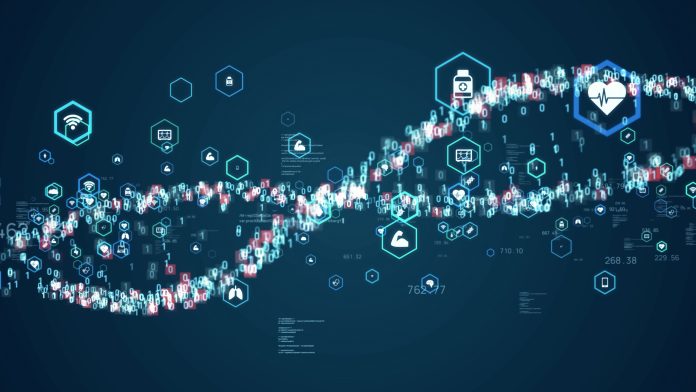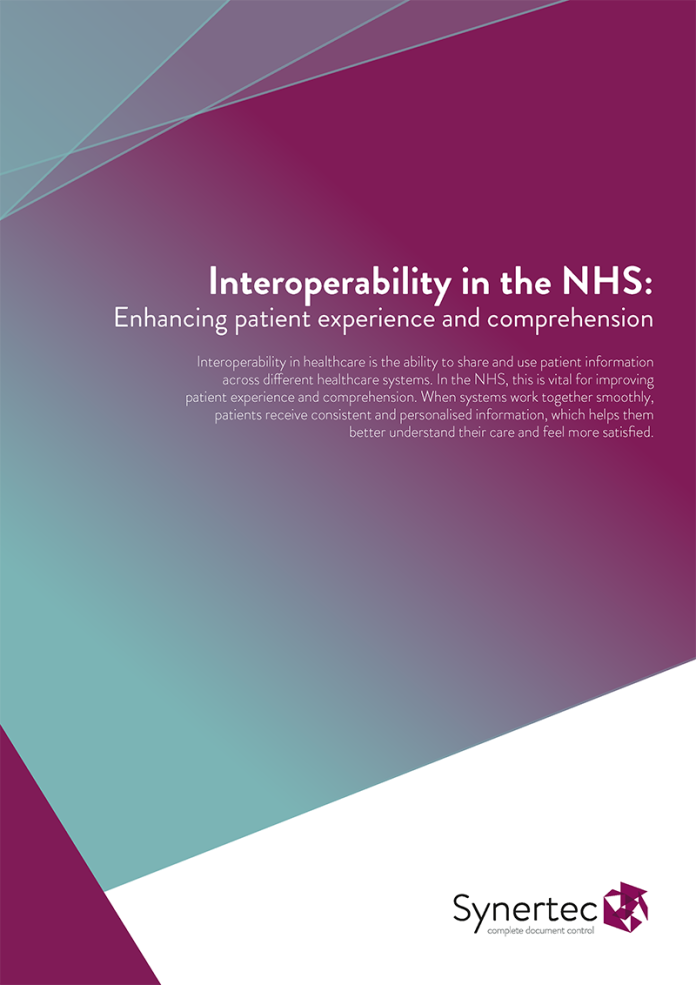Open Access Government produces compelling and informative news, publications, eBooks, and academic research articles for the public and private sector looking at health, diseases & conditions, workplace, research & innovation, digital transformation, government policy, environment, agriculture, energy, transport and more.
Home Search
AI healthcare - search results
If you're not happy with the results, please do another search
A call for gender-responsive health systems to achieve global equality
As International Women's Day approaches the 30th anniversary of the Beijing Declaration and Platform for Action on Women, a landmark blueprint for gender equality, shows that progress towards achieving gender parity remains slow.
Whitepaper: Emerging tech and scalable EPR: Driving NHS digital transformation in 2025
In 2025 the NHS faces a pivotal year in its digital transformation journey, guided by ambitious national policies and propelled by new technologies.
The UK Government’s strategy for using artificial intelligence
Derren Nisbet, CEO of Virtuoso QA, analyses the UK Government's strategy regarding artificial intelligence.
Digital disparities: Tech solutions for indigenous communities
Dr Dianne Wepa reflects on a study detailing the experiences of Māori kaumātua, who utilised digital technology to address health needs during COVID-19. It highlights challenges, resilience, and strategies for maintaining connections, emphasising the importance of digital technology in disaster management and the need to address digital disparities.
Interoperability in the NHS
Interoperability in healthcare is the ability to share and use patient information across different healthcare systems. In the NHS, this is vital for improving patient experience and comprehension. When systems work together smoothly, patients receive consistent and personalised information, which helps them better understand their care and feel more satisfied
Math inclusivity: The universal language of progress
Josh Blackburn, CEO of online tutoring company TLC LIVE, discusses how we can use mathematics as a tool for growth and inclusivity.
UK Government announces £25 Million boost for hospices to improve end-of-life care
The UK government has announced a £25 million boost for hospices across England, marking the first phase of a larger £100 million investment to improve the quality of end-of-life care.
EU-India Science and Technology Agreement drives innovation and global impact
The EU-India Science and Technology Agreement was first signed in 2001 and has since been renewed multiple times. Promoting research and innovation collaboration between the European Union and India is important.
Amphibole asbestos as a public health risk in 2025: Autoimmune disease
Despite efforts to minimize exposure, deaths from asbestos-related diseases remain high. A recent review emphasized the importance of evaluating different mineral groups and pointed out that exposure to amphibole asbestos is linked to higher rates of autoimmune diseases. Jean C. Pfau and Brenda J. Buck discuss the urgent need to address this public health risk more effectively.
The 10 Year Health Plan: Reimagining the NHS’s digital future
Piyush Mahapatra, a consultant orthopaedic surgeon and chief innovation officer at Open Medical, considers the latest consultation on the future of the NHS and argues that what is needed is not a new vision but a plan for delivery and some radical new thinking on the role of healthcare technology.
The UK governments plan to tackle digital exclusion across the UK
The UK government has new plans to address the growing issue of digital exclusion, which affects millions of people and could slow economic growth if it isn't tracked effectively.
NHS England Chief Executive Amanda Pritchard resigns in shock move
Amanda Pritchard has announced her resignation as chief executive of NHS England, a development that has sent shockwaves through the health service. What does this change mean for the NHS and the future of UK healthcare policy?
Digital transformation for trusts: Pushing the NHS digital shift
The NHS is accelerating its digital transformation, driven by government targets and the need for efficiency. Funding gaps, legacy systems, and varying digital literacy pose significant challenges. A phased, people-centric approach to the NHS digital shift is crucial for sustainable change.
Could medical imaging innovation be the catalyst for precision medicine?
We all have a unique face, fingerprint, voice, and signature, so why wouldn’t we have a unique response to the medicine and treatments we receive? Mark Hitchman, Managing Director at Canon Medical Systems UK, explores this question.
Mental health research: The healing power of indigenous drumming
Gilles Comeau, Senior Scientist at the University of Ottawa, Institute of Mental Health Research at The Royal, explores the healing power of Indigenous drumming
Drumming is a core part of Indigenous culture, essential for healing and community building. The Wabano Centre for Aboriginal Health has invited researchers from the University...
£62 million to investigate the health effects of vaping on young people
A new major research project will explore the long-term health impacts of vaping on children and young adults.
Nenolizumab has recently been approved for two chronic skin conditions
A new medicine, Nenolizumab, has been approved by the Medicines and Healthcare Products Regulatory Agency (MHRA) to treat two skin conditions
Physical activity linked to improved sleep quality for older adults
A recent systematic review led by researchers from Santa Catarina State University (UDESC) in Brazil has revealed the connection between physical activity (PA) and sleep quality in older adults who experienced social isolation during the COVID-19 pandemic.
World Summit: Empowering digital health transformation
Between May 28 and 29, Geneva, Switzerland, hosted an important event, the World Summit on the Information Society +20 High-Level Event, offering new insights to continue the journey towards global digital health transformation.
Violence in Eastern DRC causes a crisis in health services and humanitarian response
Recent violence in the Eastern Democratic Republic of the Congo (DRC) has led to serious consequences for the population, with thousands of people killed or injured, critical health infrastructure destroyed, and an escalating humanitarian crisis, the World Health Organization (WHO) reported.





















